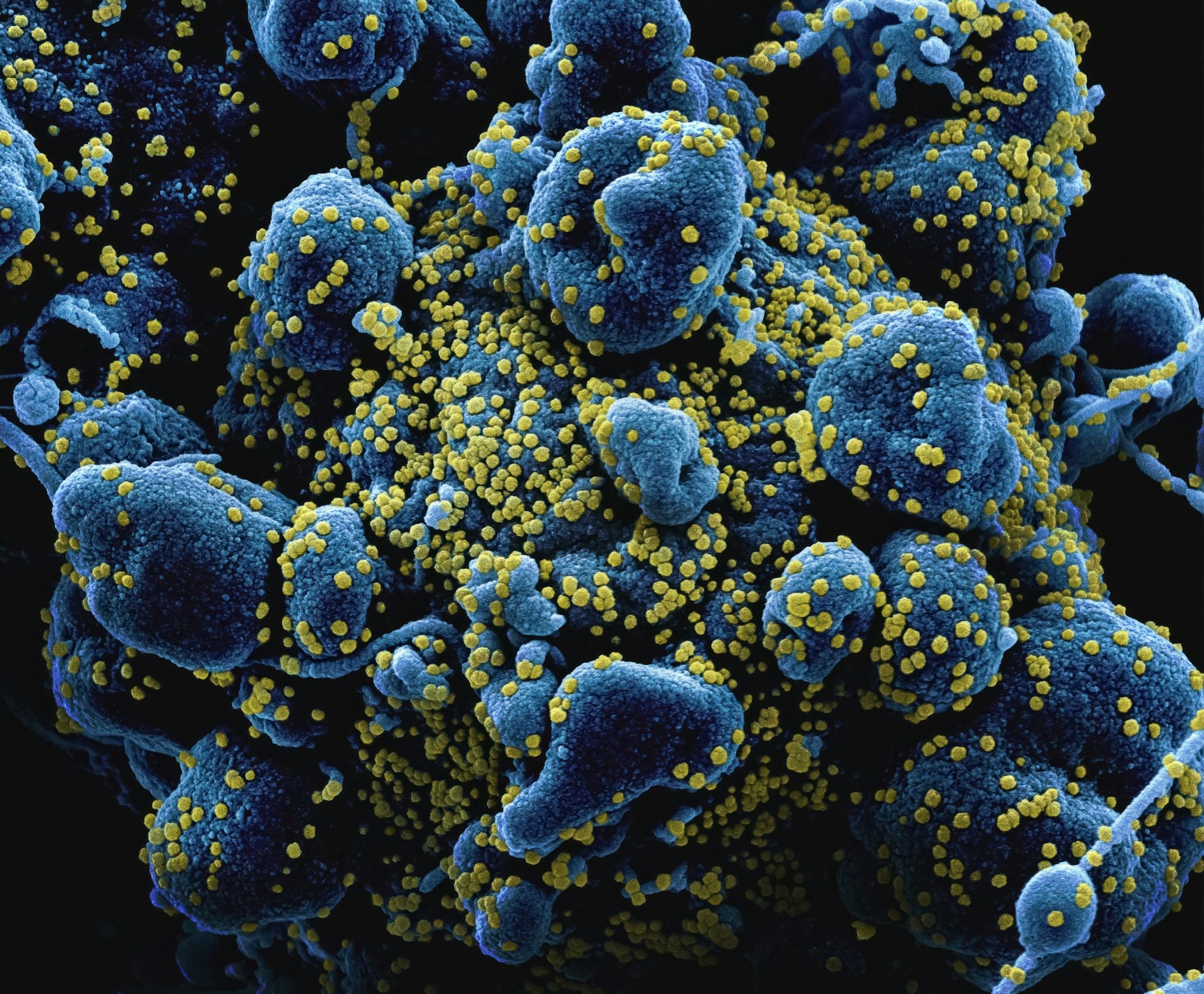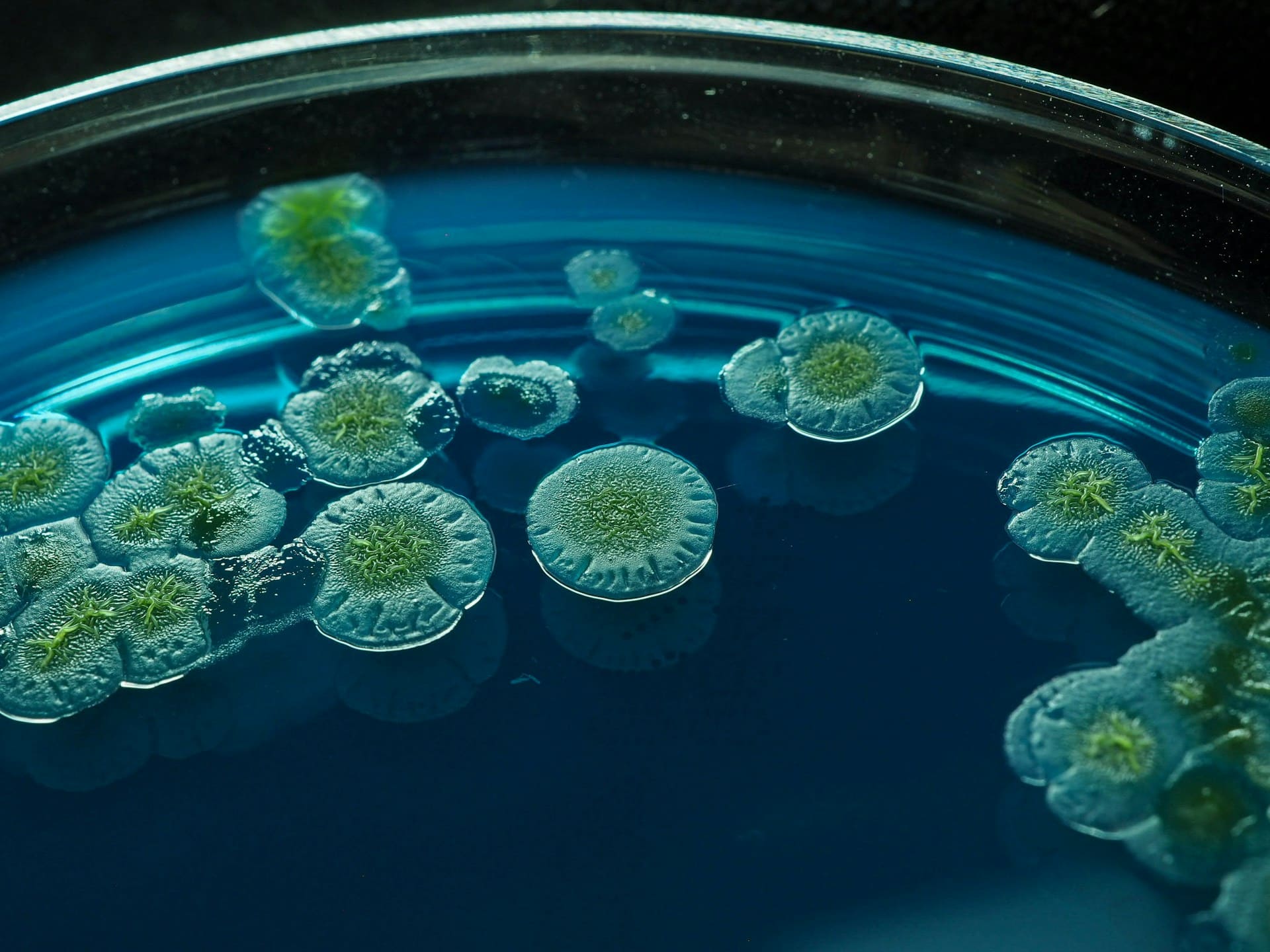Microbiology is the scientific study of microorganisms—tiny living organisms such as bacteria, viruses, fungi, protozoa, and algae that are invisible to the naked eye. This field investigates how these organisms live, grow, evolve, and interact with their environments, including their relationships with humans.
Why Is Microbiology Important?
Microorganisms are everywhere—on surfaces, in water, in the air, and even inside the human body. Most are harmless or even beneficial, but some can cause infections and disease. Understanding microbes is essential to managing their impact on human health, agriculture, and the environment.
In modern medicine, microbiology plays a central role in identifying the causes of infectious diseases, monitoring public health, developing vaccines, and understanding antibiotic resistance. From controlling outbreaks to designing new therapies, its influence is far-reaching.
In the medical field, microbiology is critical for:
- Identifying bacteria, viruses, and fungi responsible for diseases
- Diagnosing infections using lab-based techniques
- Monitoring and managing antimicrobial resistance
- Supporting vaccine development and therapeutic research
- Ensuring sterilisation and infection control in healthcare settings
Beyond medicine, microbiology contributes to advancements in agriculture (e.g. improving soil fertility), food science (e.g. fermentation and food preservation), and biotechnology (e.g. producing enzymes, hormones, and biofuels using microbes).
Branches of Microbiology
Microbiology is a diverse and interdisciplinary field, with multiple sub-disciplines that address different aspects of microbial life. These include:
- Bacteriology: The study of bacteria and their roles in disease, health, and industry
- Virology: The study of viruses, including their structure, replication, and treatment
- Mycology: The study of fungi, including moulds and yeasts
- Parasitology: The study of parasites and their interactions with hosts
- Immunology: Focuses on the immune system’s response to microbial infections
- Microbial genetics and biotechnology: Explores the manipulation of microbes for innovation in healthcare, agriculture, and environmental protection
Each branch supports progress in diagnostics, therapeutics, environmental sustainability, and industrial applications.
Microbiology in Medical Education
For medical students, microbiology is a core subject during the pre-clinical phase of a medical degree. It provides foundational knowledge that is essential for understanding disease mechanisms and guiding patient care.
Key topics covered include:
- The classification and structure of microorganisms
- The mechanisms of microbial pathogenicity
- Laboratory diagnostics and sample handling
- Transmission routes of infectious agents
- Methods of disease prevention and control (e.g. vaccination, hygiene, antibiotics)
This knowledge becomes critical during clinical training, where students learn how to interpret lab results, manage infections, and collaborate with microbiology labs in hospital settings.
Starting with a Science Foundation
Students interested in microbiology—whether through medicine or science—often begin with a foundation in science. This pre-university programme introduces essential subjects such as biology and chemistry and prepares students for entry into competitive degree pathways.
A strong science foundation is especially important for those pursuing either a medical route or a degree in biomedical science, both of which include microbiology in their academic syllabus.
How Microbiology Supports Public Health
Microbiology is at the heart of public health efforts. It helps health professionals understand how diseases spread and what interventions are needed to control them. Microbiologists work with government agencies, hospitals, and NGOs to:
- Detect and track disease outbreaks (e.g. dengue, COVID-19, tuberculosis)
- Conduct surveillance on antibiotic-resistant bacteria
- Monitor the safety of water supplies and food production
- Guide sanitation and immunisation programmes
- Inform national and global health policy
In an era of global pandemics and emerging diseases, microbiology’s role in protecting population health has never been more important.

Microbiology in Research and Innovation
Scientific discovery in microbiology fuels innovation in medicine, agriculture, and environmental science. Researchers use microbiological techniques to:
- Develop new antibiotics and antiviral drugs
- Improve diagnostic testing and lab automation
- Study host-pathogen interactions and immune responses
- Explore microbiomes in the gut, skin, and soil
- Engineer genetically modified organisms for industrial use
Students with a strong foundation in microbiology are well-positioned to contribute to multidisciplinary research across academic, clinical, and commercial sectors.
Intersections with Other Fields
Microbiology often overlaps with fields like pharmacology, pathology, epidemiology, and molecular biology. For example:
- In epidemiology, microbiologists help trace the source of infections
- In pharmacology, they test the effectiveness of antimicrobial agents
- In pathology, they study how microbes damage tissues and organs
- In molecular biology, they explore how microbes influence gene expression and cell behaviour
This cross-disciplinary relevance makes microbiology an essential component of a medical degree in Malaysia and a launching point for many career paths in science and healthcare.
Final Thoughts on Microbiology
For students entering the medical field, microbiology provides essential context for diagnosing and treating illness, managing public health concerns, and supporting evidence-based clinical practice.
A strong grounding in microbiology is not only a key part of earning a medical degree, but also an entry point into meaningful careers in science, healthcare, and research—especially for those starting with a foundation in science or pursuing a degree in biomedical science.
FAQs about microbiology
1. What is the main focus of microbiology?
Microbiology focuses on studying microorganisms such as bacteria, viruses, fungi, and parasites, including how they function, spread, and impact human health.
2. How is microbiology used in medicine?
It helps diagnose infections, develop vaccines and antibiotics, monitor disease outbreaks, and guide treatment strategies.
3. Is microbiology part of the medical curriculum in Malaysia?
Yes, microbiology is taught during the pre-clinical phase of a medical degree and is fundamental to understanding infectious diseases.
4. Can I study microbiology without becoming a doctor?
Yes, students can pursue a degree in biomedical science to focus on laboratory and research careers in microbiology.






